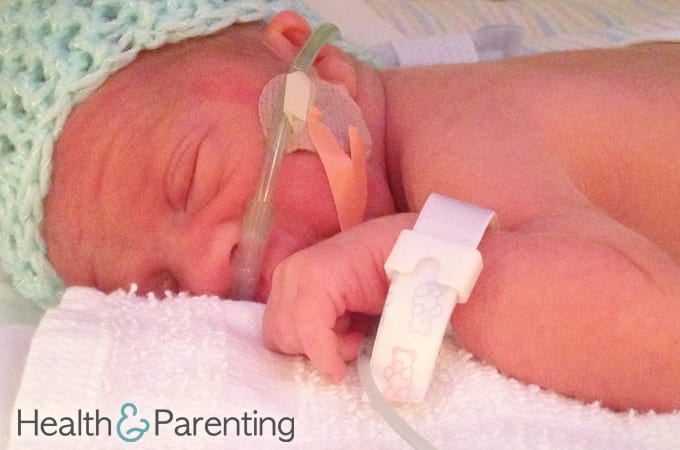Congratulations! You made it to the third trimester! Chances are you are getting pretty excited about the next couple months as you get closer and closer to meeting your baby.
You also might start feeling some contractions during the third trimester that have you slightly concerned. Are they real contractions, or Braxton Hicks contractions? And what is the difference?
Braxton Hicks contractions are considered ‘practice contractions’ that typically occur throughout the third trimester. They were named after an English doctor in 1872, and affect nearly 88% of all pregnant woman. The key to Braxton Hicks contractions is that they do not cause your body to go into labor. They are quite simply, contractions of the uterus and abdominal wall that go away after a while, typically subside if you change position and are your body’s way of practicing for labor.
Just like an Olympic athlete trains and practices before competing, your body is also preparing for labor and delivery. Typically, around the 28th week and beyond, you will feel your stomach ball up and tighten, then release. Many women call their doctor in fear that they are in early labor. Most often doctors will recommend that you walk around, hydrate, and monitor the contractions to make sure they are not occurring in any sort of pattern, or getting harder and closer together over time.
If the contractions subside, they are simply Braxton Hicks contractions. If you still aren’t sure, your doctor will likely do some fetal monitoring, check your cervix to see if it has effaced and decide from there whether or not you should be worried.
Braxton Hicks contractions can be uncomfortable, but typically do not cause a lot of pain. They do provide you with a great opportunity to practice coping skills, though, and this will prepare you for labor. If you feel pain in your back, or in the vaginal area, or have any bleeding or mucous loss, you should definitely consult your doctor.
Luckily, once you have had a few rounds of Braxton Hicks contractions, you will be a pro at being able to identify them. When real labor pains come, you will definitely know the difference!
Written By Stef, Mom of 4 @Momspirational
This information is not intended to replace the advice of a trained medical doctor. Health & Parenting Ltd disclaims any liability for the decisions you make based on this information, which is provided to you on a general information basis only and not as a substitute for personalized medical advice. All contents copyright © Health & Parenting Ltd 2018. All rights reserved.











